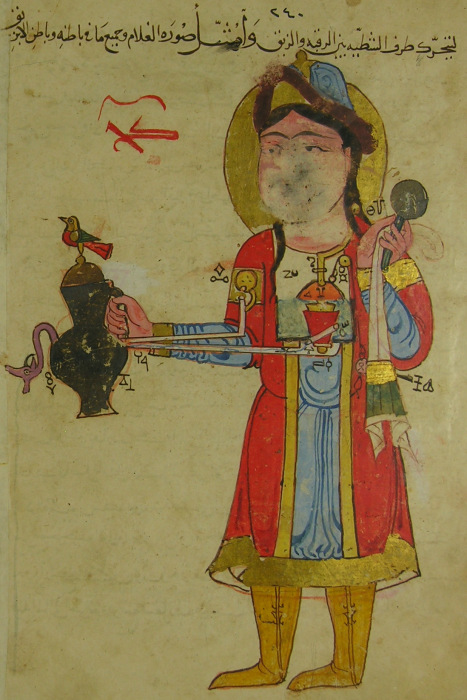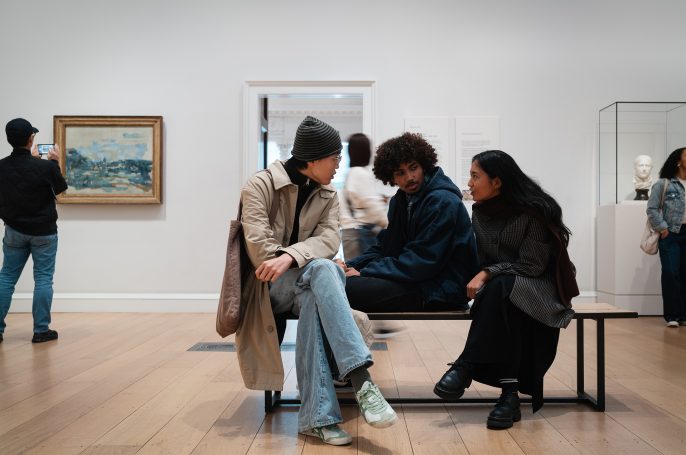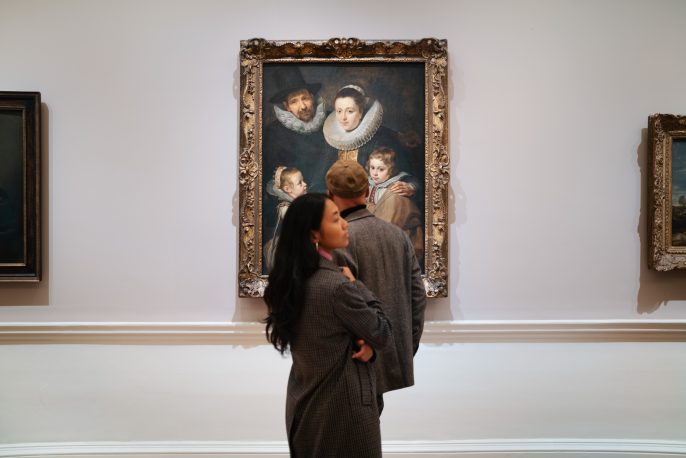Scholarly assessments of AI tend to follow two interrelated lines of inquiry, examining AI as a form of digital despotism, enabled by the capture of data and attention, and highlighting AI’s human and environmental costs. Seen through this twofold lens, AI strengthens the logic of modern automation, by redirecting technology from a servile, useful tool to an apparatus of control and dispossession. The reversal of the hierarchy between machine and user should not, however, be seen as the grand event of modernity, nor does it necessarily mark the demise of the slave-machine paradigm. In this talk, Professor Lamia Balafrej will examine AI against medieval conceptions of instrumentality, which were applied to both technology and slavery. Through a transhistorical, comparative framework, it appears that AI still very much dwells in the premodern episteme of the slave-machine, premised on an understanding of the figure of the slave as powerful mediator—rather than useful prosthesis.
Organised by Professor Stephen Whiteman, Professor of the Art and Architecture of China, and Dr Meredyth Winter, Lecturer in Early Islamic Arts, as part of the 2025-26 Frank Davis Memorial Lecture Series, ‘ART HISTORY X COMPUTER VISION: Reflecting on the past in a digital era’.
Speaker:
Lamia Balafrej is Associate Professor of Art History at UCLA, specialising in the Islamic world. Her current research is on the relation of slavery and technology in medieval and contemporary contexts. She is also co-editing with Hannah Barker a volume on race and ethnicity in medieval Africa, Europe, and the Middle East. Her current research has been supported by a 2023 Rome Prize, a 2023 Getty Scholar Grant, and a 2026 Berenson Fellowship at I Tatti. Her first book, The Making of the Artist in Late Timurid Painting (2019), examined Persian painting’s intricacy, prompting her interest in instrumentality. Hailing from Morocco, she is an alumna of the École Normale Supérieure in Paris and received her PhD from the Université Aix-Marseille.






